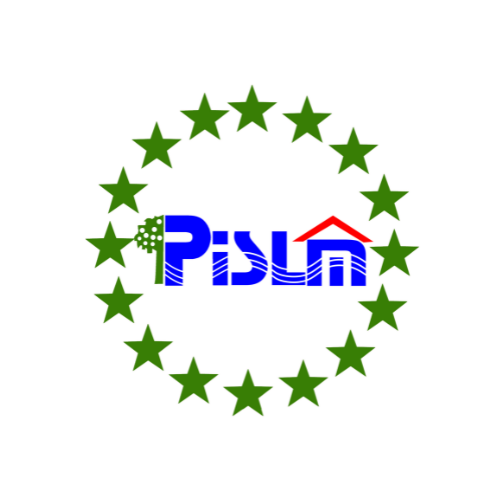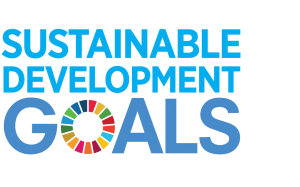GEORGE’S, GRENADA- DECEMBER 16, 2024- Considered to be a milestone for Regional environmental and agricultural sustainability, laboratory technicians from Caribbean Small Island Developing States (C-SIDS) have successfully completed a one-week ‘Regional Labaratory and Data Interpretation Training’, from December 09th to 13th, 2024, at The University of the West Indies, St. Augustine Campus (UWI), Trinidad and Tobago, aimed at enhancing their capacity to standardize physical and chemical analyses of soil.
This training, is part of the Caribbean Small Island Developing States Multicountry Soil Management Initiative for Integrated Landscape Restoration and Climate-Resilient Food Systems (SOILCARE) project, that is set to strengthen laboratory capabilities across eight participating countries in the region.
The objective of this training is to provide the participants with training in Global Soil Laboratory Network (GLOSOLAN) Standard Operating Procedures (SOP), Quality Assurance and Quality Control. The training will also involve Soils Sampling data analysis and interpretation which will build Lab technicians, Agronomist and Field Technicians capacity to evaluate the nutrient levels in the soil, and make recommendation on fertilizer application, crop selection, and overall soil management practices.
“This training is a game-changer for farmers across the region,” said Trevor Thompson-Project Manager for the CSIDS SOILCARE project.
“The new ability to analyze soil within our own countries means quicker access to vital information that helps farmers optimize productivity and sustainability. This capacity will have a direct positive impact on local food systems, help combat soil degradation, and contribute to more resilient agricultural practice,” he added.
The workshop is targeting governmental/research institutions that are involved in the SOILCARE project. It is expected that from the training participants will develop their own laboratory SOP manual, be able to sample and analyse soils samples, make fertility recommendations and train additional laboratory staff in their respective countries. Additionally, where appropriate the agronomist or field technician is expected to train the staff at their respective ministry/organization which affords the country, the opportunity to build additional capacity to support the laboratories.
The training program was led by Dr. Gaius Eudoxie, Senior Lecturer at the University of the West Indies (UWI) and Filippo, Benedethi of the GSP and was designed to provide laboratory technicians with the tools and insights needed to perform precise soil analyses. Dr. Eudoxie highlighted the importance of the training, stating, “Soil data such as nutrient levels, organic matter content, soil carbon, pH, and other key factors play a crucial role in both agricultural and environmental planning.”
The SOILCARE project, implemented by the Partnership Initiative for Sustainable Land Management (PISLM), is being rolled out in eight countries: Antigua and Barbuda, Barbados, Belize, Grenada, Guyana, Haiti, Jamaica, and St. Lucia. The project aims to empower these nations with the capacity to test soil locally, eliminating the need to send samples abroad for analysis. This advancement will allow farmers and environmentalists to receive timely results, making it possible to implement strategies for improving soil fertility, reducing soil erosion, and addressing land degradation more quickly and effectively.
The new capacity to standardize will support quality assurance and control in labs and when conducting field activities for soil testing will directly contribute to integrated landscape management and the restoration of degraded lands, ultimately strengthening food systems and improving food security across the region. By promoting sustainable land management practices, the SOILCARE project is helping to build climate-resilient agriculture and preserve the long-term viability of the region’s natural resources.
About the CSIDS SOILCARE Project:
Caribbean Small Island Developing States (SIDS) multicountry soil management initiative for integrated landscape restoration and sustainable food systems: phase 1” known as SOILCARE. It is a flagship project on soils funded by the Global Environmental Facility (GEF) and executed by the Partnership Initiative for Sustainable Land Management (PISLM) with the FAO as the implementing agency. SOILCARE seeks to empower eight Caribbean countries (Antigua and Barbuda, Barbados, Belize, Grenada, Guyana, Haiti, Jamaica, and St. Lucia) to achieve Land Degradation Neutrality and advance their climate change agenda through soil knowledge.
About the Partnership Initiative for Sustainable Land Management (PISLM)
The PISLM for CSIDS is the only independent IGO with a mandate to help Caribbean SIDS meet their obligations under the UNCCD and land and soil areas of the Barbados Programme of Action (BPOA).

